During this online course you will learn how to grow food at home regardless of the size and type of space you have. Over eight modules you will study planning and designing food gardens, soils and water, composts, fertilisers and mulches, growing of different vegetables and fruits, container growing, plant protection, seed saving, and different plant propagation methods.
Each module is focussed on a key area of food growing, encompassing underlying concepts, theory and science, specific knowledge and skills related to the area/topic, and practical applications to food growing.
Learners are guided and supported in each module through the provision of:
- Structured and easy to navigate content in a logical sequence
- Four to six lessons per module, including visual components and selected videos (3-5 mins) to enhance engagement and learning.
- Review quizzes that reinforce learning.
- Learning resources, including specific learning materials, texts, videos, websites and further sources of information.
We are holding Growing Food Webinars as an addition to this course where you can ask questions, we can clarify things and trouble shoot any growing food issues you might have encountered.
Our next Webinar is on February 11 at 7pm. Please register via our Growing Food Webinar page.
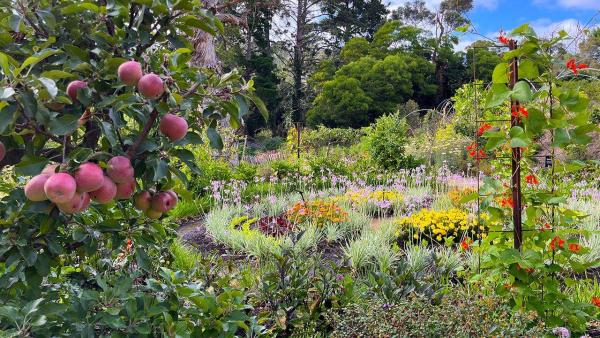
Module 1: Planning and designing gardens for food
In this module you will learn the basic requirements for growing plants and how to assess and evaluate a site for growing food plants. You will also explore garden history and see how this links to the design of food gardens today. Some methods for growing different types of food plants will also be covered as well as how climate influences plant selection. The final section of this module will look at the important tools and equipment used to grow food plants.
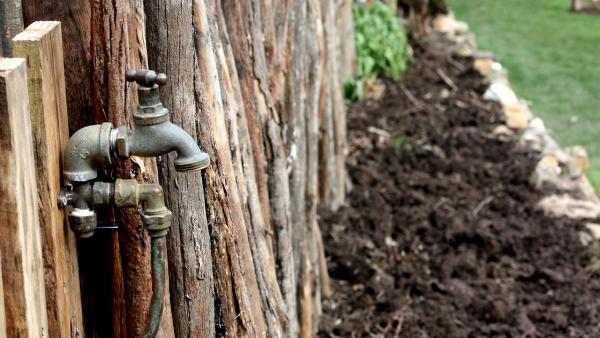
Module 2: Soils and water
This module looks at the properties of different soils and the methods used to improve soils for food growing. You will learn some simple tests for characterizing soil texture and drainage and how to identify quality if you are purchasing a soil for garden use. The module also describes how water functions and behaves in soils including infiltration, storage and drainage.
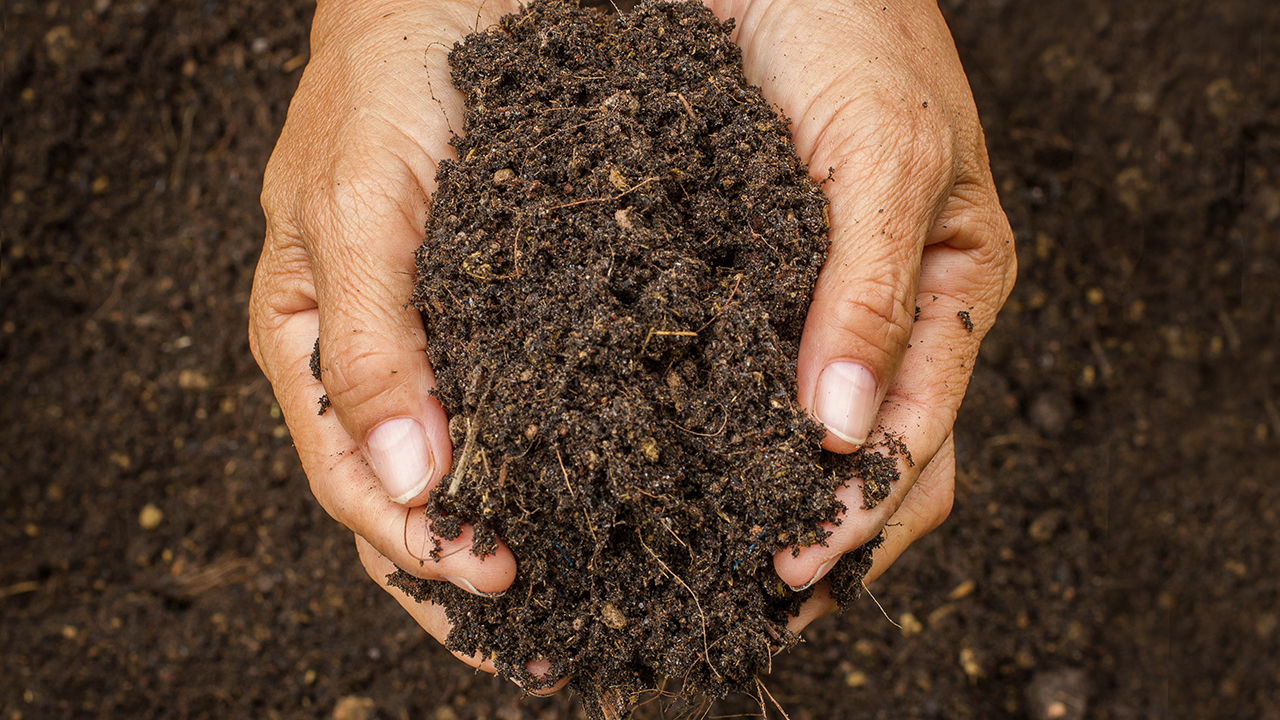
Module 3: Composts, fertilisers and mulches
In module three you will study the requirements for successful composting and some different methods of making compost at home. You will also learn about plant nutrition, including the nutrients needed for healthy and productive plants, and how to use and apply different fertilisers. The final part of the module is all about mulch, including different types of mulch and how they are used in the food garden.

Module 4: Growing vegetables
In this module we start by looking at the different ways of naming plants, how we classify and categorise food plants, and how to plan your vegetable growing to get the best outcomes. Most of the module is dedicated to studying some of the basics around growing different vegetables, including leaves, greens, roots and stems; and vegetables grown for their fruits and seeds. We complete the module learning about herbs and why every gardener has to grow parsley!

Module 5: Growing fruits
In this module we learn about fruits, starting with an explanation of what fruits are and the different categories and types of fruits. We also look at how to plan your fruit growing journey and finish by looking at three different groups of fruits – temperate fruits, tropical and subtropical fruits and canes, berries and vines – and detailed examples of selected fruiting plants.
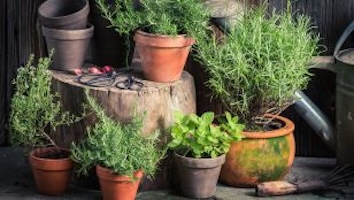
Module 6: Container growing
We know that many of you garden in small spaces, on balconies and in courtyards. Module 6 is all about growing food plants in containers, beginning with identifying the key requirements for success. We also look at different containers for use, growing media, and the cultivation of selected container-grown plants. The final section includes a brief look at different containerized systems, including hydroponics, living walls and green roofs.
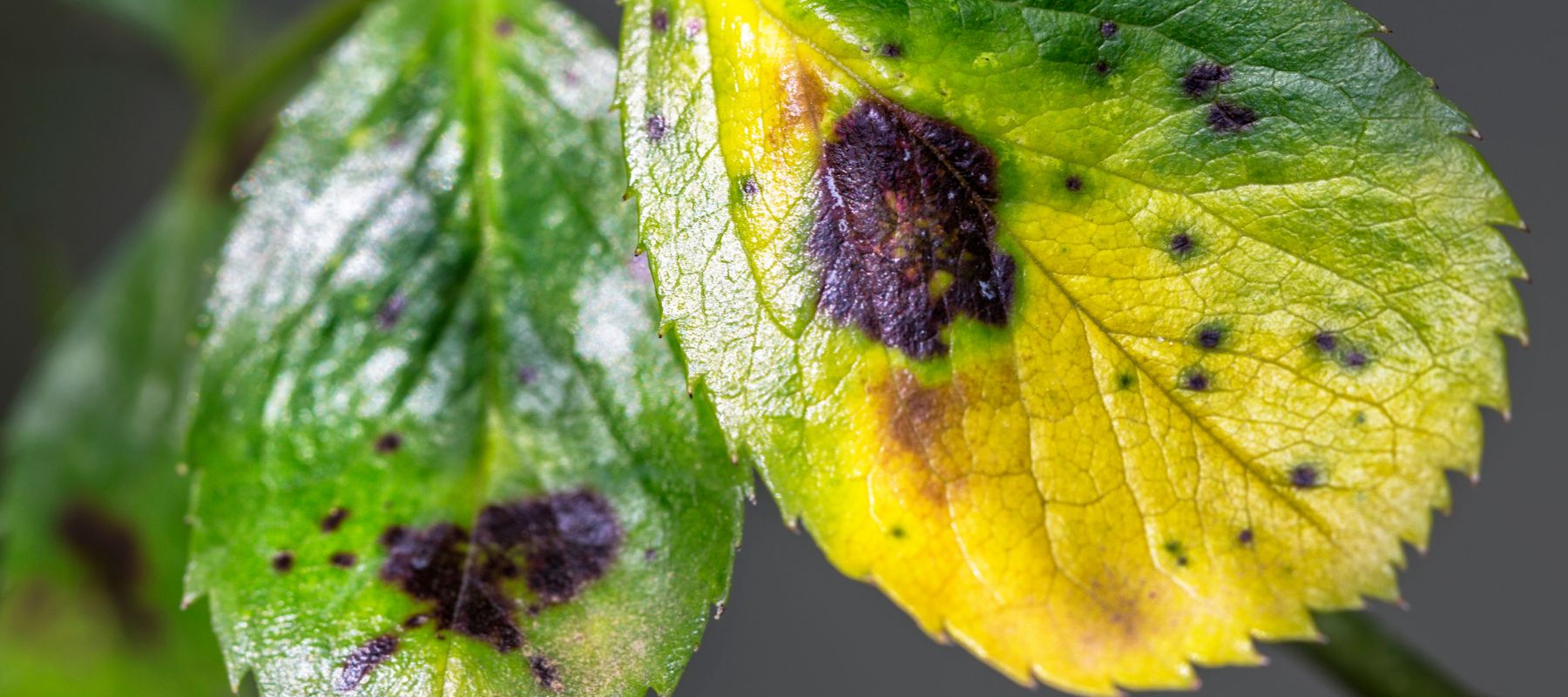
Module 7 - Plant Health
One of the challenges that newbie food growers encounter is that you can’t control everything and sometimes things will go wrong. Other organisms will want to eat your crops, or you will discover that the crops you dearly wanted to grow don’t suit your location. To prepare you for this, Module 7 will teach you how to work towards providing healthy environments for growing plants and how to describe some common problems affecting the growth and production of food crops. We will discuss some of the environmental factors that can affect plant health, as well as some of the different plant pest, disease and weed problems commonly associated with food growing, as well as methods of control and management strategies for these problems, based on the approach of integrated pest management. This will set you up for success in your food-growing journey.
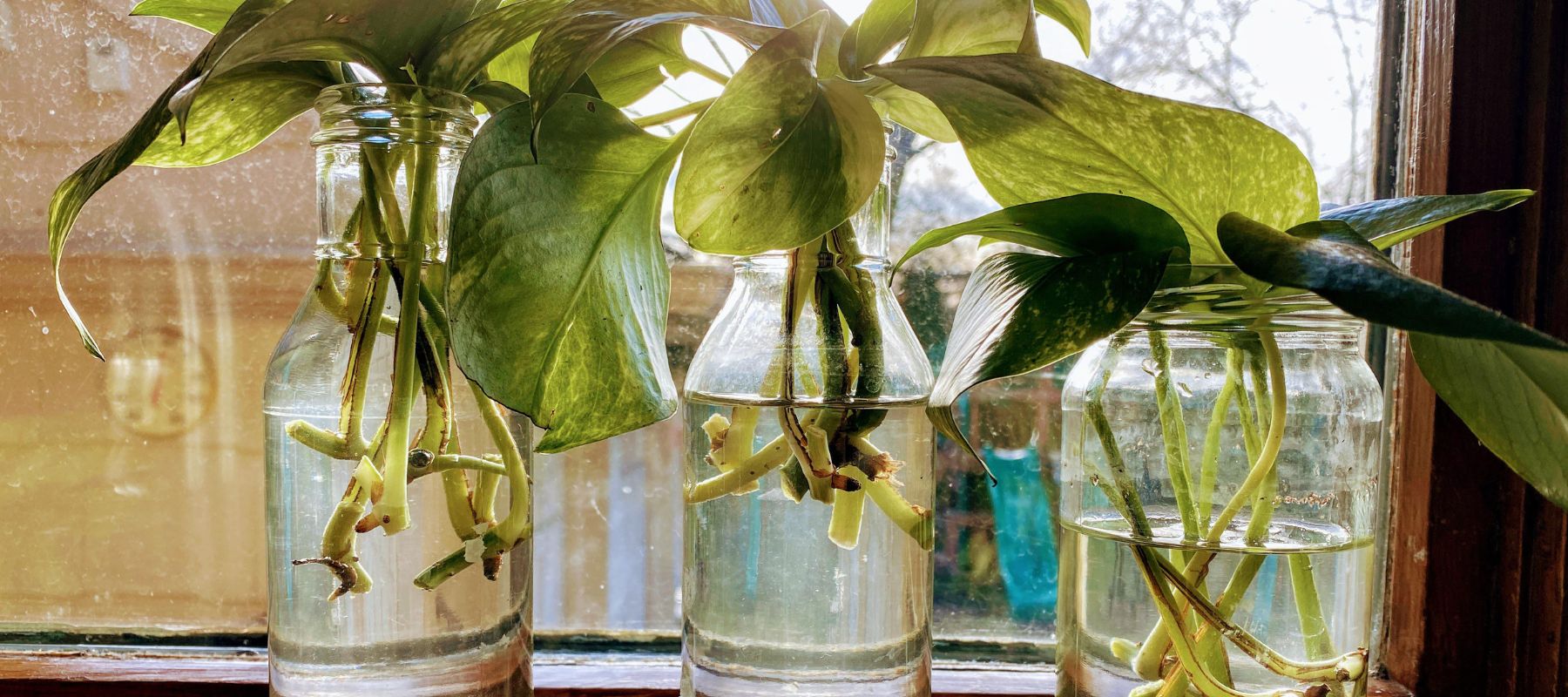
Module 8 - Plant Propagation
The final module of this course looks at propagating food plants. This includes learning the requirements for successful propagation, as well as different techniques of propagation by seed, cuttings and division. Seed collection strategies will also be covered, as well as examples of propagating and producing plants for use in your own garden.